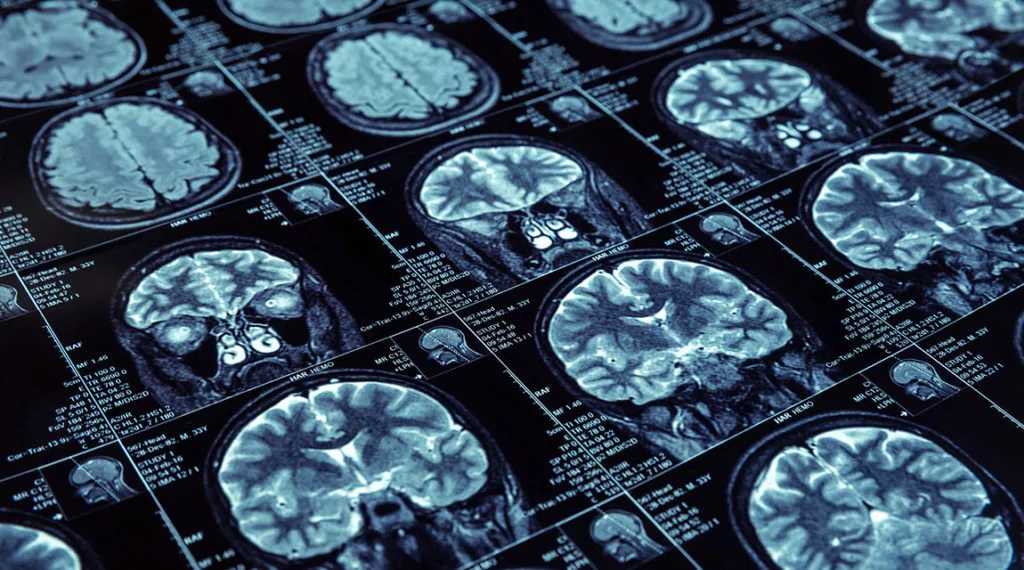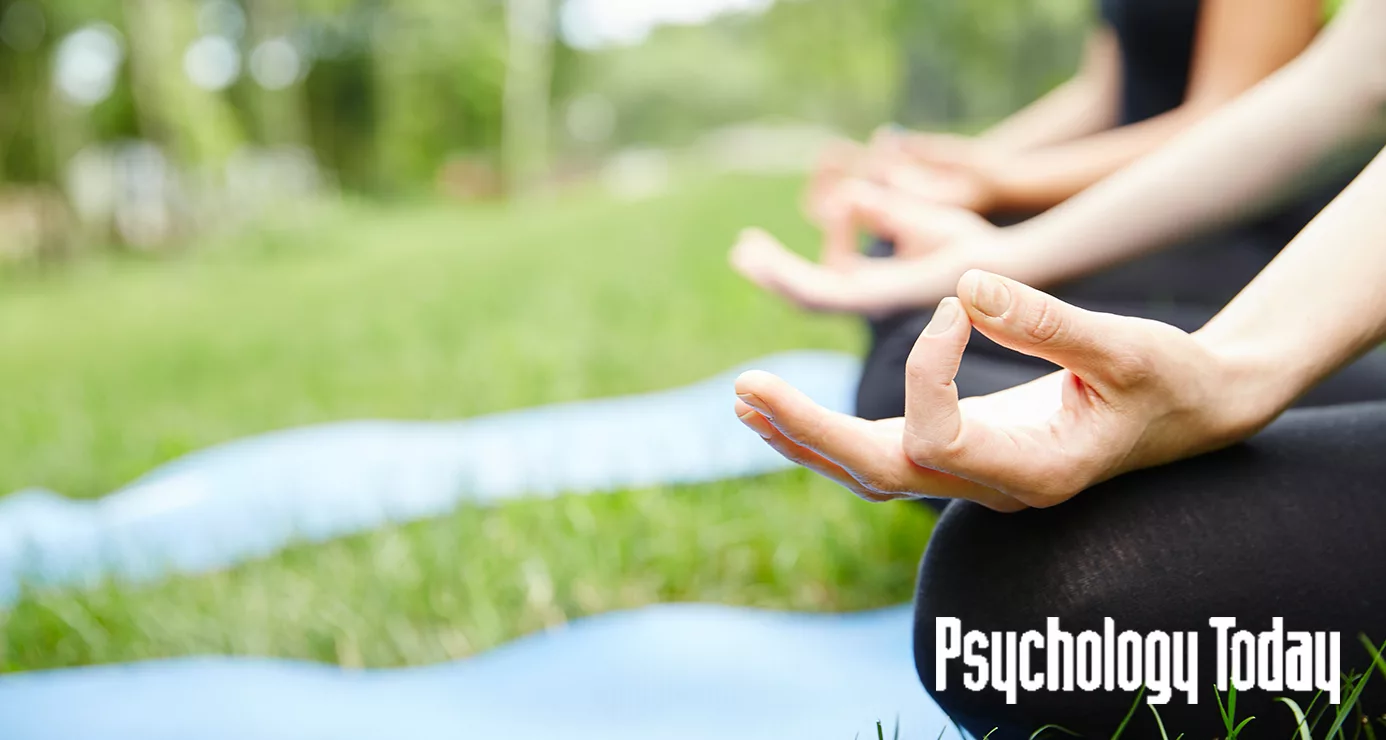Experts in the field of mental health and addiction recovery have known for years—through personal experience and observation—that mindfulness practice is an incredibly powerful tool for healing. Now science is backing that up, unquestionably.
Take this stat, for example: A review study at Johns Hopkins found that the effect of meditation on symptoms of anxiety and depression was exactly the same as the effect of antidepressants.
That’s right, exactly the same.
Studies of Meditation on the Brain
Meditation for teens has also been proven to reduce “wandering mind,” which is associated with unhappiness. In addition, it can increase empathy, decrease ADHD symptoms, and improve concentration.
Furthermore, Sara Lazar and her team at Harvard Medical School conducted two groundbreaking studies of meditation on the brain. Their research showed that meditation enhances areas of the brain associated with well-being, self-regulation, and learning. Additionally, it decreases the volume of the amygdala, which is responsible for fear, anxiety, and stress.
Meditation for Teens with Substance Use Disorder
Of particular interest is the research showing a link between meditation and recovery from addiction. For example, one study proved mindfulness practice is more effective in helping people to quit smoking cigarettes.
Also, it was found to be more effective than that of the American Lung Association’s “Freedom from Smoking” program.
Another study was conducted at Boston Latin School by the Kripalu Institute for Extraordinary Living (KIEL) and funded by the National Institute on Drug Abuse. This study indicated that yoga practice (which includes a strong mindfulness component) can decrease adolescents’ willingness to smoke cigarettes.

Yoga Increases Self-Awareness
According to Sat Bir S. Khalsa of Harvard Medical School, the KIEL’s research director, “Qualitative data collection reveals that adolescents are less anxious and sleep better after doing yoga. In addition, their self-awareness and ease in their body increase. And, their worldview begins to shift toward a more positive alignment.”
The data is clear: Mindfulness works.
So what does this feel like from the inside, particularly for those in recovery? Angel Grant, a yoga teacher and cofounder of Drugs Over Dinner—describes it beautifully: “By practicing meditation, you’re able to gently develop a capacity to witness pain as it happens inside you. Eventually, you’re able to do this without letting the stories your mind tells you cause you to act self-destructively.”
Meditation teaches us to wake up from the habits of our mind so we have clear, conscious choice in our actions.
Biological Benefits of Meditation
Meditation works simultaneously on the physiological and psychological levels. As the brain and biological markers change, the capacity for resilience and self-understanding expands.
“Anything that increases awareness helps with the struggle with depression, anxiety, and substance use.”
Newport Academy psychiatrist Michel Mennesson, MD
In terms of meditation for teens, he says, “increasing awareness actually increases maturation—particularly if the practice is done in an environment leading to increased connection with others who understand your challenges.” That’s why mindfulness and meditation practice is an integral component of our curriculum at Newport Academy.
Change Your Thoughts, Change Your Life
In conclusion, meditation is one of the best tools we have to create positive change in our mental health.
Evidence-based research shows that it’s as powerful as antidepressants and increases overall happiness and resilience through multiple mechanisms. Hence, in addition to healing effects, mindfulness and meditation for teens can help with adolescent behavior.

A Simple and True Path to Healing
Meditation has no dangerous side effects, and it’s free. So why aren’t doctors prescribing teenagers a practice of mindfulness instead of a cocktail of pharmaceuticals? Why isn’t our health-care system paying closer attention to information that could completely shift the way we treat mental illness and substance abuse in this country, for adolescents and for people of all ages?
When this happens, we’ll see more and more people, including many whose suffering has been untouched by conventional methods, achieve long-term, sustainable healing.
Meditation as Part of the Healing Journey at Newport Academy
The most effective treatment for teens goes beyond talk therapy in an office to encompass a wide variety of modalities and support that complement each other and strengthen the overall impact. That includes meditation, yoga, and mindfulness in addition to individual, group, and family therapy.
At Newport Academy, each teen’s treatment plan includes some or all of the following (depending on program and location):
- Clinical therapy, using evidence-based and empirically supported modalities, to process past trauma and learn healthy coping skills
- Family therapy to strengthen connection and trust between parents and their teen
- Group therapy to help young people move from isolation and loneliness to positive connection and supportive peer relationships
- Outdoor Adventure Therapy that allows clients to build self-esteem and connection with nature through activities like hiking, kayaking, and ropes courses
- Academics with experienced teachers and tutors to build motivation, engagement, and organizational skills, and close proficiency gaps
- Life skills programming to enhance executive functioning and self-reliance
- Yoga, meditation, and other mindfulness practices to build resilience and self-awareness
Contact us today to get started on the healing journey.






